PARIS, July 19 (V7N) — France, the United Kingdom, and Germany — collectively known as the E3 — have formally warned Iran that they will trigger the United Nations’ snapback sanctions mechanism if Tehran fails to return to nuclear negotiations and achieve tangible results by the end of August.
In a joint call on Thursday, the foreign ministers of the E3 and the European Union’s High Representative for Foreign Affairs spoke with Iranian Foreign Minister Abbas Araqchi. It was their first direct communication since last month’s U.S. and Israeli military strikes on Iranian nuclear sites.
According to a French diplomatic source, the ministers demanded that Iran urgently resume diplomacy to reach a “verifiable and lasting” agreement. They threatened to invoke the snapback provision under U.N. Security Council Resolution 2231, which could restore all previous U.N. sanctions against Iran within 30 days of activation.
Araqchi rejected the threat in a post on X, claiming, “It was the U.S. that left the negotiation table in June and chose a military path, not Iran.” He criticized the E3’s position, stating they had “no legal or moral grounds” to use the snapback mechanism and insisted Iran would only negotiate under fair and mutually respectful terms.
Iran’s nuclear program has been under increasing scrutiny, with reports of uranium enrichment activities beyond agreed thresholds. According to the Iranian Foreign Ministry, the strikes and resulting political pressure have hardened Tehran’s stance, making trust and compromise more difficult.
Meanwhile, the International Atomic Energy Agency (IAEA) has reported limited access to Iranian facilities since June, raising global concerns over transparency and nuclear proliferation.
Despite strong rhetoric on both sides, E3 officials continue to express hope for a diplomatic solution. However, with the expiration of key provisions of the Joint Comprehensive Plan of Action (JCPOA) approaching in October, time is running out to salvage a deal.
International observers warn that a failure to revive the nuclear agreement could further destabilize the region and isolate Iran from the global economy.
The European powers, along with China and Russia, remain formal participants in the 2015 nuclear accord, though efforts to restore the agreement have repeatedly stalled since the U.S. withdrawal in 2018.
END/WD/AJ/



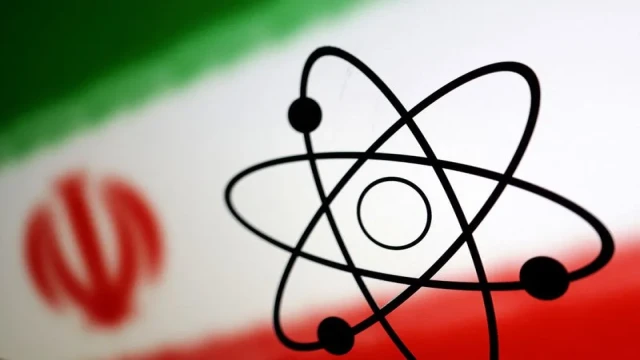
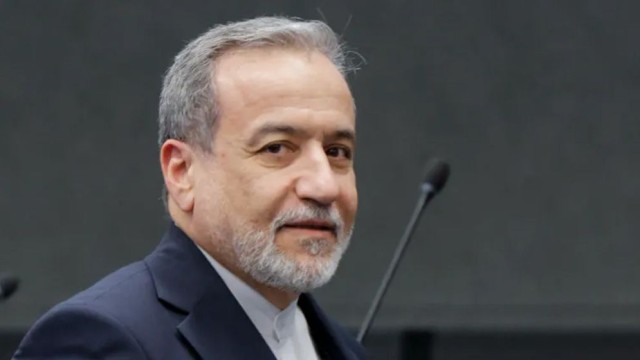
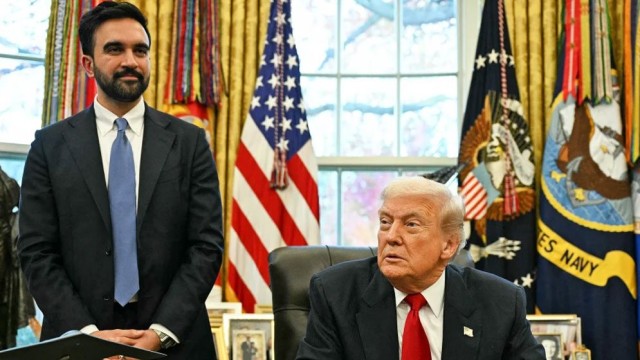
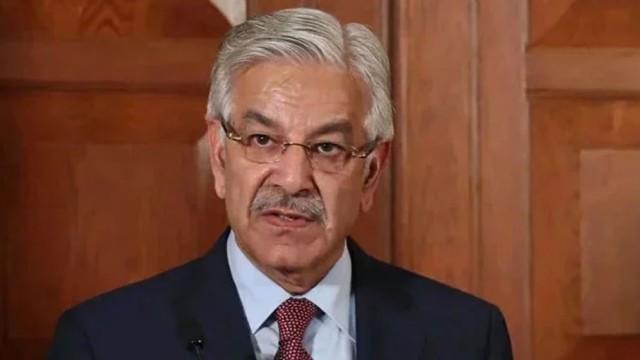
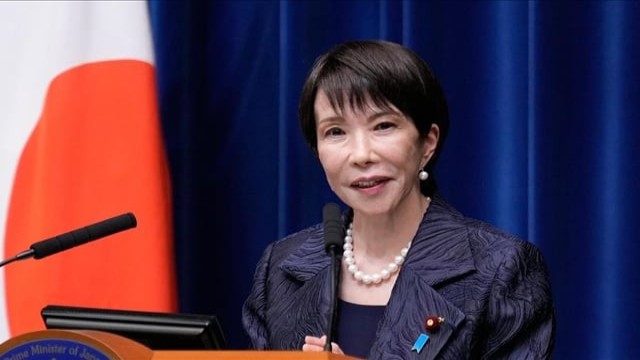
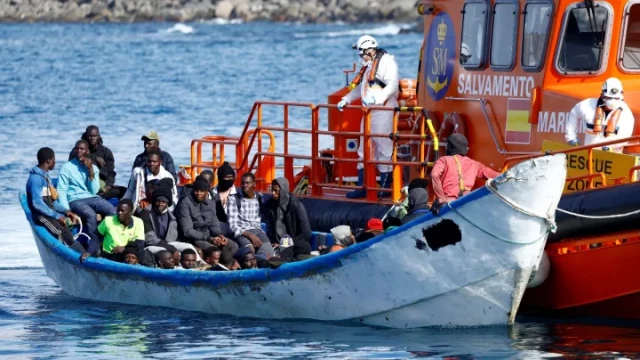
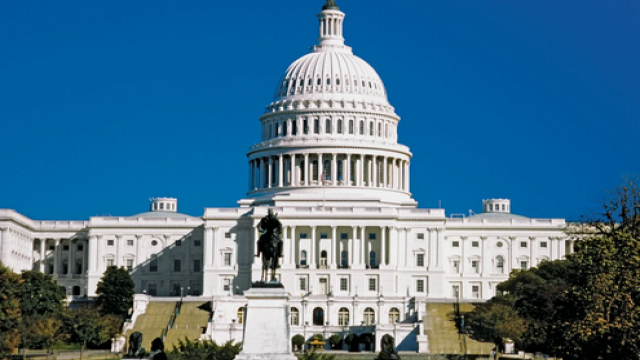
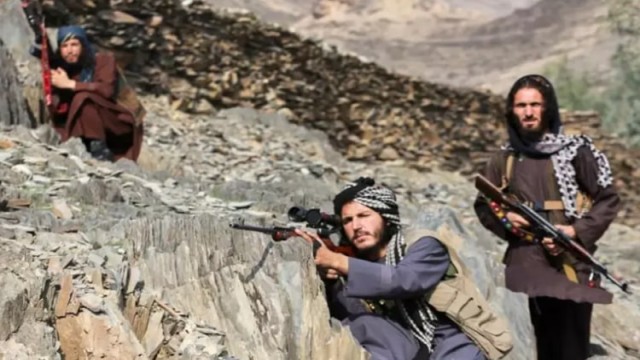

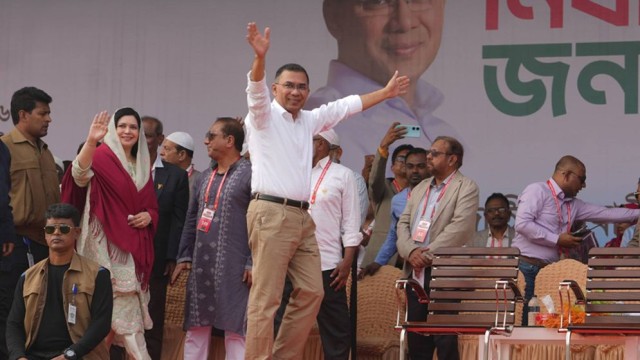
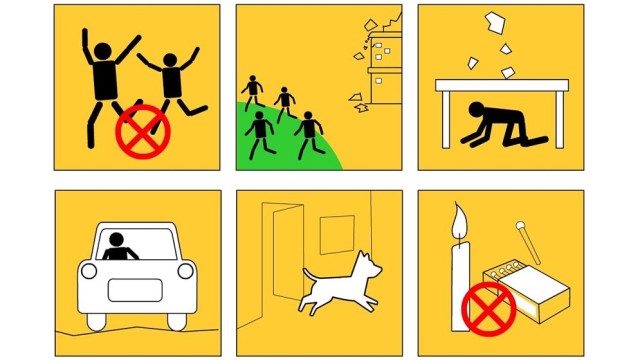
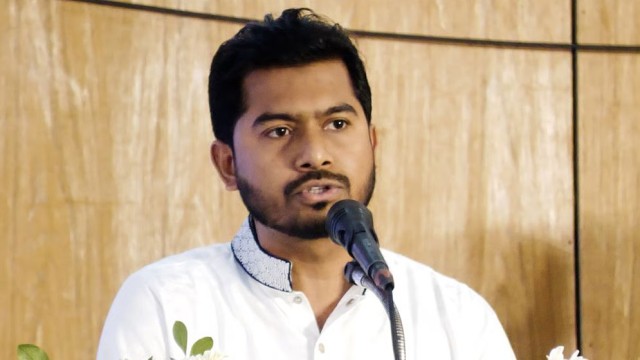
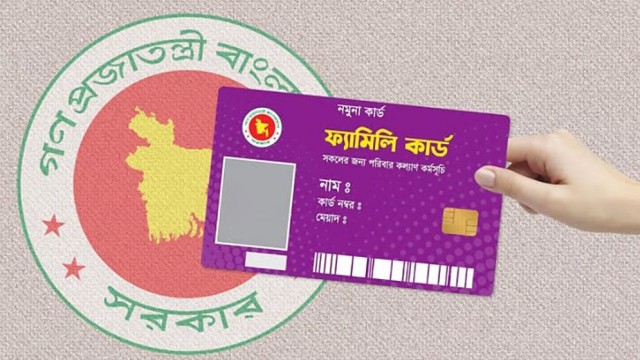
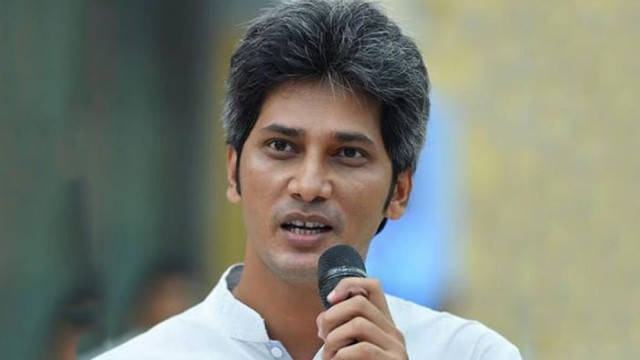
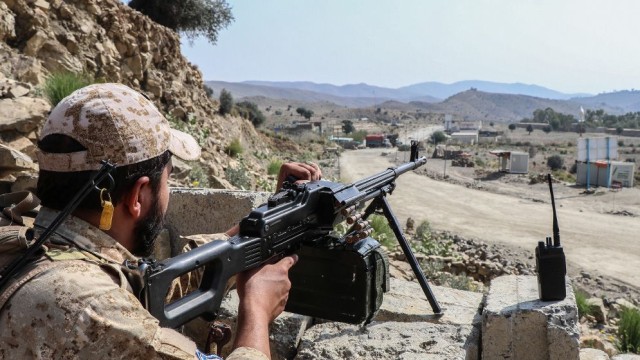







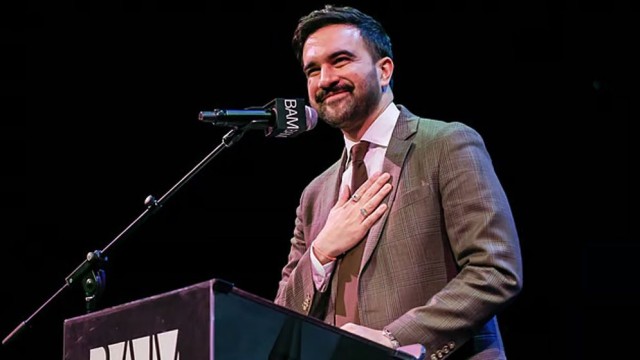

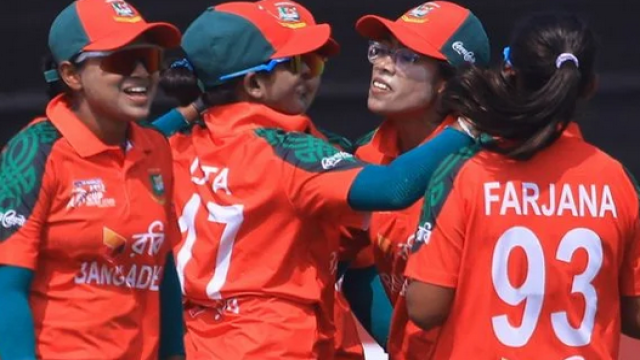
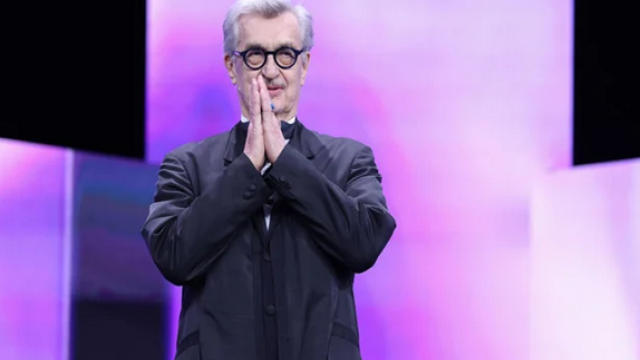
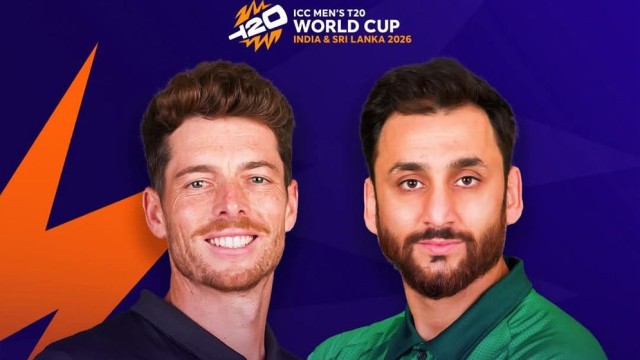

Comment: